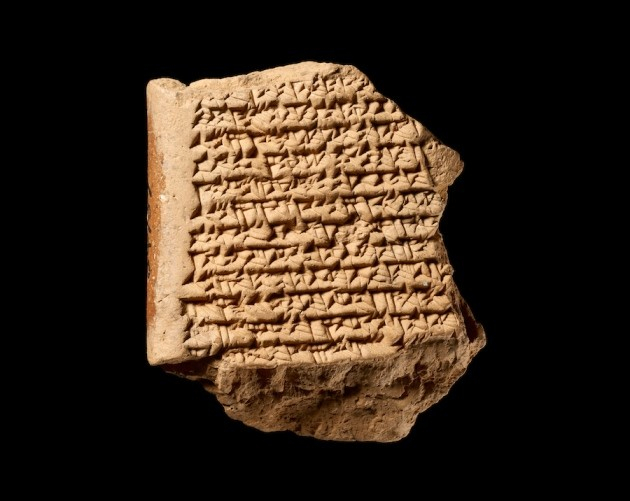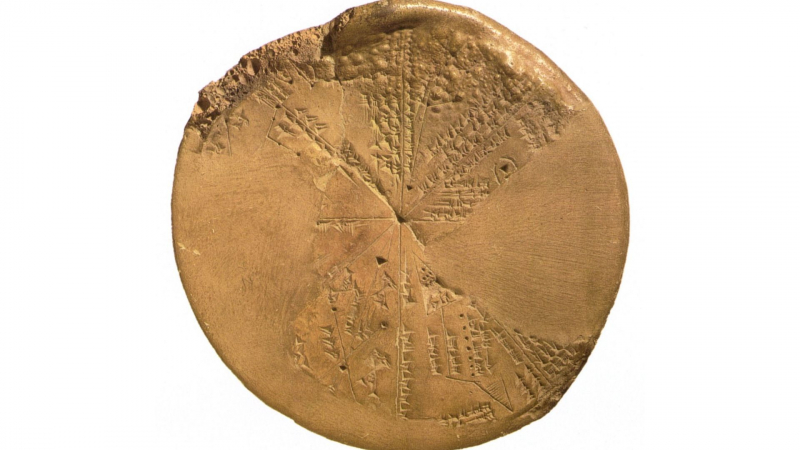Astronomy's Development
Babylonia used astronomy to apply mathematics. They made an effort to foretell the future using astronomy and were the first to realize that astronomical occurrences happened methodically and on a regular basis. The Babylonians attempted to rationalize this, and as a result, were able to forecast the Saros cycle and eclipse cycles. Astrology was used to forecast the weather in addition to reading the stars and predicting the future. Astronomy's development is definitely one of the most important events in ancient Babylonia.
The first people to understand that astronomical occurrences occur on a regular basis and use mathematics to anticipate them were the Babylonians. Old Babylonian tablets show how mathematics was used to account for variations in the length of daylight over a solar year. The Enûma Anu Enlil, a collection of cuneiform tablets, contains centuries' worth of Babylonian observations of celestial phenomena. The oldest important astronomical text we have is Tablet 63 of the Enûma Anu Enlil, also known as the Venus tablet of Ammisaduqa, which records the first and last visible risings of Venus over a period of about 21 years. It is the earliest proof that the periodic nature of planetary phenomena was understood. The zodiacal signs were created by Babylonian astronomers. They are composed of the constellations that occupy each sector of the sky's three sets of thirty degrees.
A new empirical method of astronomy was established by Babylonian astronomers between the eighth and seventh centuries BC. They started researching and documenting their cosmological ideals and philosophies, and they also started applying internal logic to their predictive planetary systems. As a result of this significant contribution to astronomy and science philosophy, some contemporary researchers have referred to this unique strategy as the "first scientific revolution". Greek and Hellenistic astrology adopted and expanded this astronomical methodology. The name "Chaldeans" is frequently used in classical Greek and Latin texts to refer to the Mesopotamian astronomers, who were thought to be priest-scribes who specialized in astrology and other types of divination.











